In the asset market, luxury has taken its own niche, both literally and figuratively. The reflection of prestige, capital power, and taste is concentrated in properties that do not shout about their price, but demonstrate their value through thoughtfulness, privacy, and uniqueness. The answer to the question of what luxury real estate is lies not only in its value, but also in every inch of its space, where comfort and individuality are the driving forces.
What is Elite Real Estate: Key Features
The premium segment is formed not by advertising, but by limited availability, technological sophistication, and quality of materials. The answer to the question of what constitutes luxury real estate is based on strict parameters, including:
- Location. First lines by the water, historic streets, and quiet neighborhoods with low noise levels. Only premium infrastructure within the radius.
- Architecture and facade. Individual architectural appearance, facades made of natural materials, non-standard geometry, and lighting scenarios.
- Internal filling. Thoughtful layout, ceilings from 3.3 meters, panoramic Windows, designer finishes, engineering equipment of business level and above.
- Infrastructure. The territory includes a fitness club, a spa, lounge areas, restaurants, children’s clubs, indoor parking, storage rooms, and a private garden with landscaping.
The definition of luxury housing is fixed in complexity: luxury begins with details.
The structure of the premium segment: what is luxury real estate
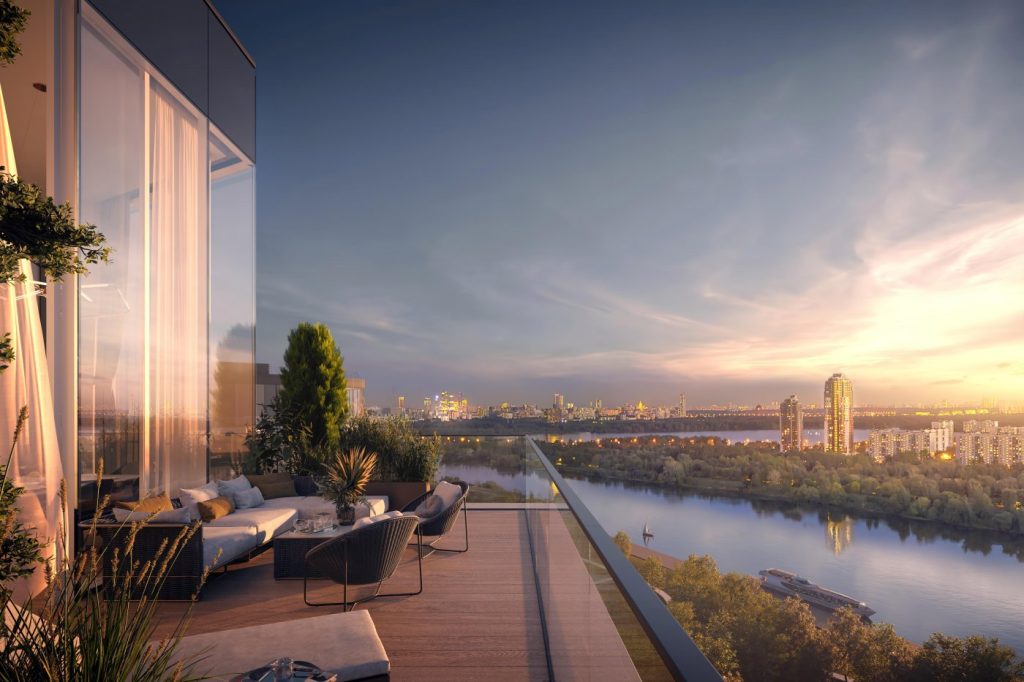 The premium segment is divided not only by building type, but also by architectural design, service level, and ownership format. Let’s consider what luxury real estate is in terms of functional types.:
The premium segment is divided not only by building type, but also by architectural design, service level, and ownership format. Let’s consider what luxury real estate is in terms of functional types.:
- Premium class apartments. Apartments with river views, parks, terraces and fireplaces. Integrated climate control systems, multi-format zoning. The decoration is made of natural marble, oak, brass.
- Luxury homes. Mansions in gated communities within 20 minutes from the center of the metropolis. The area of 350 sq.m., individual garages, swimming pools, winter gardens, winter-resistant facades.
- Luxury apartments in apartment complexes. 24/7 services, management by hotel brands. Five-star service, including cleaning, meals, and maintenance.
This is a wide range of solutions aimed at combining privacy, design, and investment potential.
Living Standards and Investments: How Investment Logic Works in the Premium Segment
The flow of capital into the premium segment is driven not only by prestige. Investments in luxury real estate form a sustainable income model. The main parameters of profitability include:
The average rental rate is from 2000 to 8000 euros per month for facilities in metropolitan and tourist locations.
Cost growth at the level of 7-15% in 3 years with stable macroeconomics.
Stable liquidity due to limited supply.
A high level of tenants are top managers, diplomats, representatives of foundations.
The market has confirmed that when calculating horizons over 5 years, the premium segment ensures stable capitalization. It reveals the practical significance of luxury real estate as an investment mechanism.
Definition: the difference between luxury housing and business class
Luxury housing is not limited by square footage or appearance. The main difference between luxury housing is the approach:
Only small apartment buildings or villas.
A maximum of 2-3 apartments per floor.
The lack of standard solutions in the layout.
The author’s design of each area, including bathrooms and kitchens.
Specialized engineering equipment includes individually controlled climate systems, smart security systems, and isolated elevators.
There is an important feature: luxury housing does not allow for compromises. Here, every element is implemented in favor of individuality, comfort, and technical superiority.
Life Scenarios: Comfort as an Investment Foundation
Luxury properties are designed not for display, but for living. The basis is a comfortable area where every meter works for the owner. The main elements include:
A closed courtyard without cars.
A landscape designer creates an individual recreation and shade area.
Terraces, balconies, indoor gardens.
Parking at level -2 with key access.
Video surveillance around the perimeter, security, personalized entrance control.
What is luxury real estate? It is an infrastructure where security, privacy, and quality create a VIP-level living space.
Criteria for choosing a premium facility
Understanding the segment requires an accurate assessment. What is luxury real estate? It is an asset that combines both tangible and intangible indicators.
Key criteria:
Location in an area of historical or natural value.
Availability of transportation and protection from noise.
The architecture is from a well-known bureau with an emphasis on privacy.
The minimum number of apartments in the building.
Closed—type infrastructure – fitness club, SPA, restaurants, swimming pools.
Design by international-reputed interior design bureau.
Parking with individual spaces.
Energy efficiency and technical equipment indicators.
Stable growth in market value over a 3-5 year horizon.
Guarantee of legal purity of the transaction and transparent registration of rights.
Local focus: what is luxury real estate in Portugal
Portugal has developed its own luxury architecture. Locations such as Cascais, the Algarve, and the historic center of Lisbon have become centers of investor attraction.
Property parameters:
Areas from 150 sq.m, terraces from 30 sq.m.
Panoramic windows overlooking the ocean.
Concierge service, private infrastructure with swimming pools and restaurants.
The cost starts from 1.2 million euros, an increase in value of up to 11% in 24 months.
High demand among European residents and family funds.
The Portuguese model shows what luxury real estate is: in a country with a mild tax regime, a warm climate and a stable economy, the segment creates long-term value.
Functional Approach: Engineering and Technology
Modern premium housing uses complex engineering systems. Technology plays a key role:
Supply and exhaust ventilation with climate control.
Smart lighting and water supply control systems.
Fire and flood prevention systems with sensors in each zone.
Video analytics with facial recognition and automatic alerts.
Stable energy supply and alternative sources such as solar panels and geothermal systems.
The technological base determines not only the comfort level, but also reduces operating costs, ensuring investment efficiency.
Conclusion
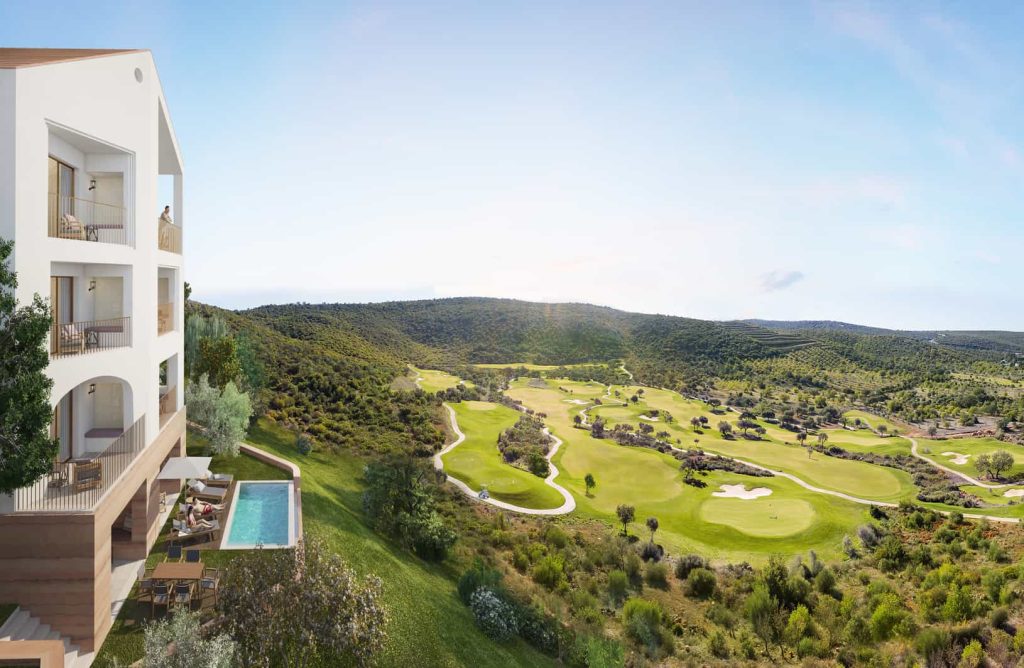 What is luxury real estate — a symbiosis of architecture, status, technology and strategy. Investments in premium facilities allow:
What is luxury real estate — a symbiosis of architecture, status, technology and strategy. Investments in premium facilities allow:
Protect capital from inflation.
Get a stable rental income.
Enter the narrow resale market with high margins.
Become part of an exclusive investment pool.
The segment shows steady demand even in the face of economic changes. Long-term value, individual approach, and limited supply create a unique investment space where every square meter works for capital.

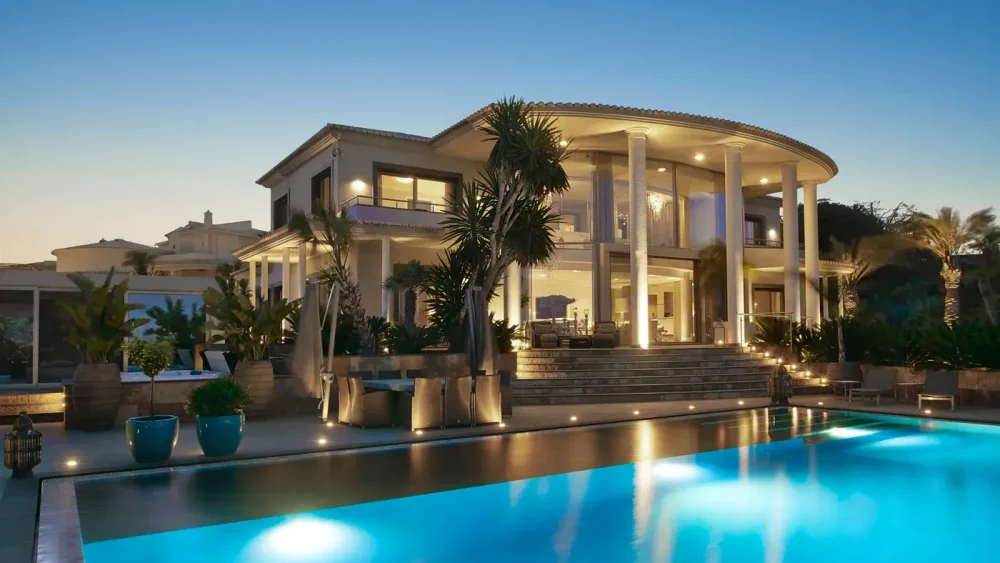
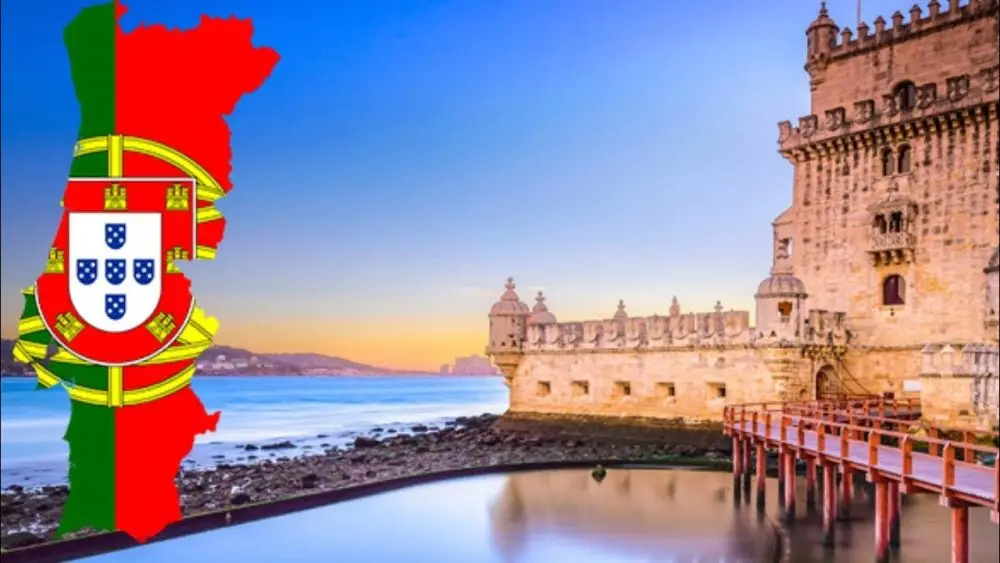
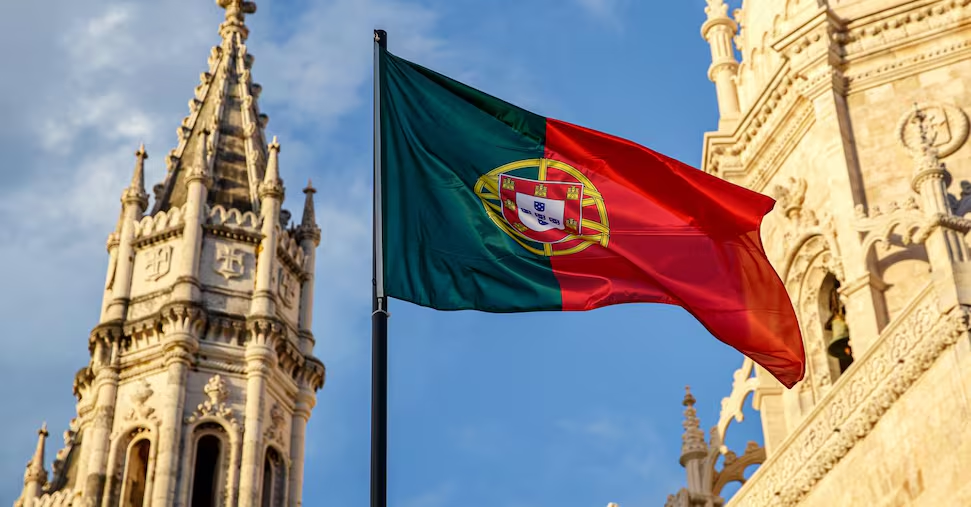 The decision in favor of one of the two statuses determines not only the route of legalization, but also the daily level of freedom. The differences between a residence permit and permanent residence are expressed in the powers that a person receives in a new country. Rights, access to systems, and the degree of government control — each of these parameters directly depends on the chosen residence format.
The decision in favor of one of the two statuses determines not only the route of legalization, but also the daily level of freedom. The differences between a residence permit and permanent residence are expressed in the powers that a person receives in a new country. Rights, access to systems, and the degree of government control — each of these parameters directly depends on the chosen residence format.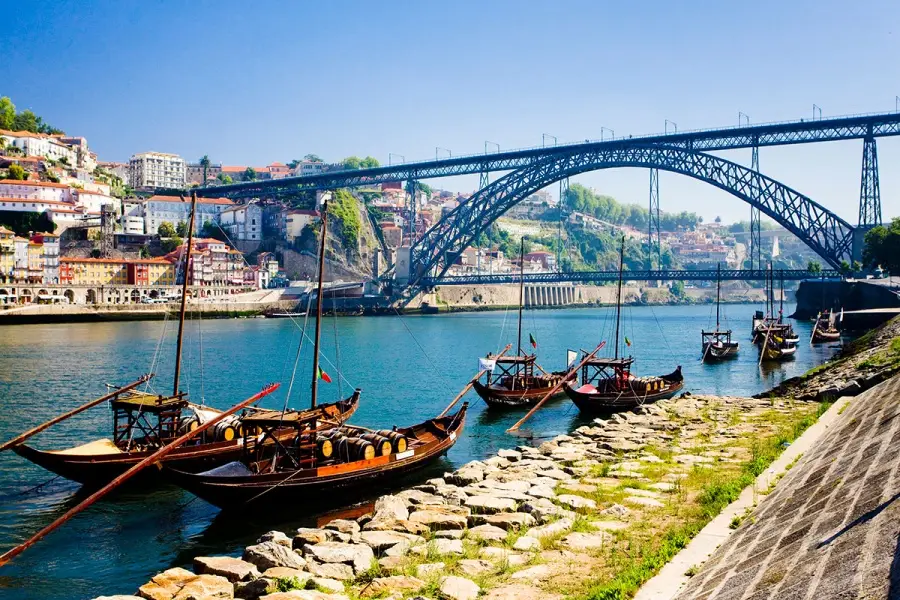 The difference between permanent residence and a residence permit is not only in the name, but in the degree of control over life. The first one gives you rights. The second is permission. In the long term, it is the differences between a residence permit and permanent residence that form the scenario: adaptation with a margin or constant struggle with restrictions. When choosing between temporary and permanent status, it is necessary to take into account not only current circumstances, but also future goals. The right start will save you years, save you from difficulties and accelerate the path to stability.
The difference between permanent residence and a residence permit is not only in the name, but in the degree of control over life. The first one gives you rights. The second is permission. In the long term, it is the differences between a residence permit and permanent residence that form the scenario: adaptation with a margin or constant struggle with restrictions. When choosing between temporary and permanent status, it is necessary to take into account not only current circumstances, but also future goals. The right start will save you years, save you from difficulties and accelerate the path to stability.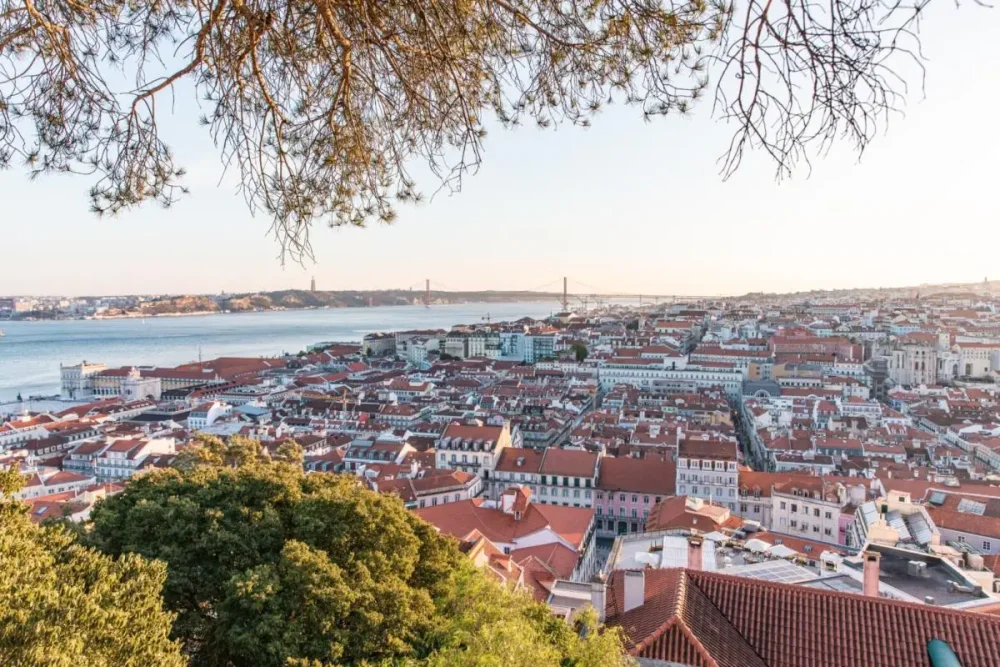
 Portugal stands out from other European countries due to the favourable conditions for commercial property investors. There is a unique combination of factors that make the country’s market one of the most attractive in Europe.
Portugal stands out from other European countries due to the favourable conditions for commercial property investors. There is a unique combination of factors that make the country’s market one of the most attractive in Europe.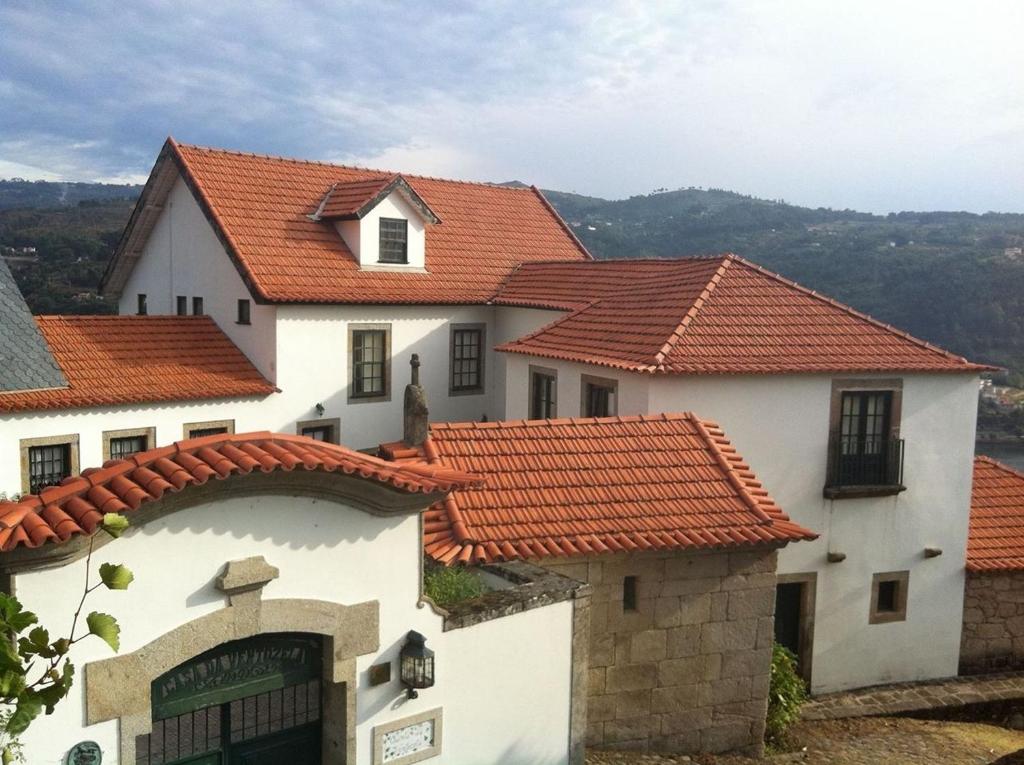 Investing in overseas commercial property provides excellent opportunities for asset diversification, stable income and capital protection. Portugal is one of the most attractive markets for commercial investors due to its robust economy, tax incentives and strong infrastructure development.
Investing in overseas commercial property provides excellent opportunities for asset diversification, stable income and capital protection. Portugal is one of the most attractive markets for commercial investors due to its robust economy, tax incentives and strong infrastructure development.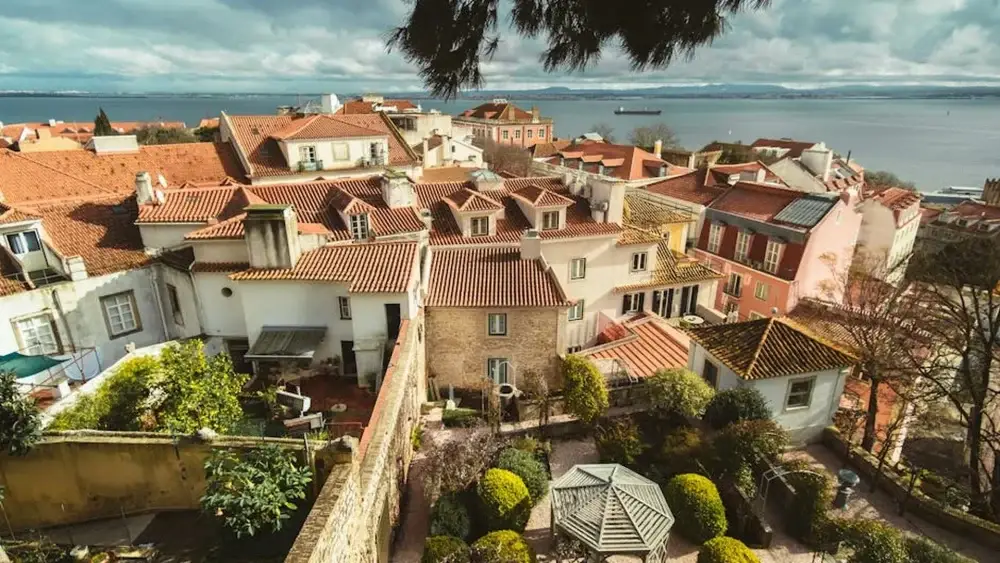
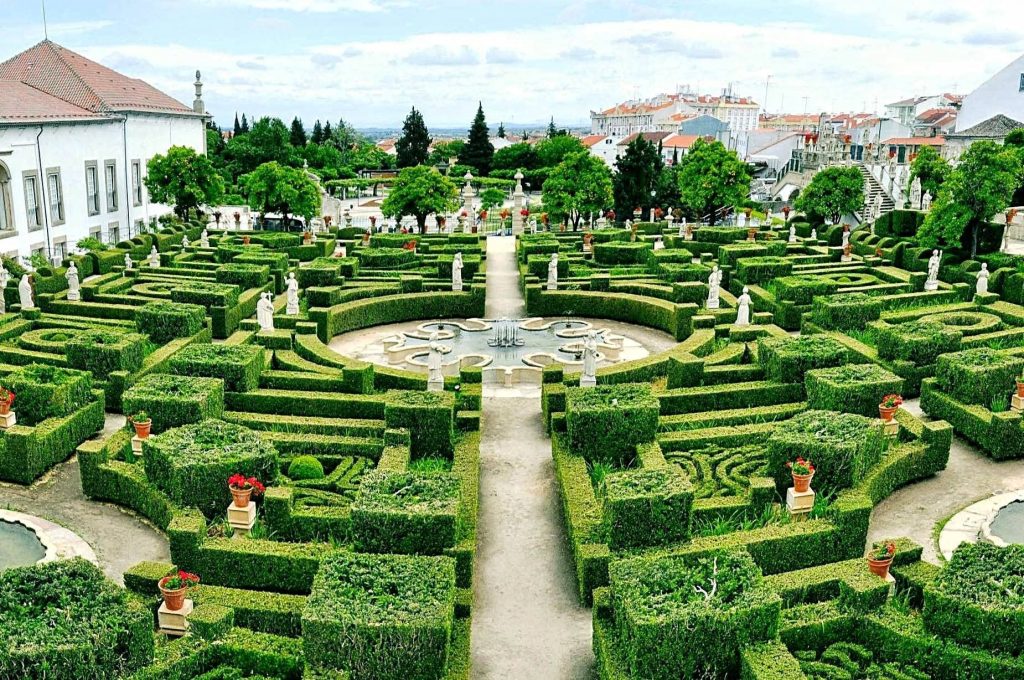 Castelo Branco is one of Portugal’s cheap cities to live in, with a well-developed education system and green areas. Property prices start from 45,000 euros for one-bedroom flats. The region provides comfortable living for families, professionals and remote workers. Castelo Branco maintains some of the lowest rents, utilities and housing taxes. A local university and government support programmes make it a sustainable location for budget investment.
Castelo Branco is one of Portugal’s cheap cities to live in, with a well-developed education system and green areas. Property prices start from 45,000 euros for one-bedroom flats. The region provides comfortable living for families, professionals and remote workers. Castelo Branco maintains some of the lowest rents, utilities and housing taxes. A local university and government support programmes make it a sustainable location for budget investment.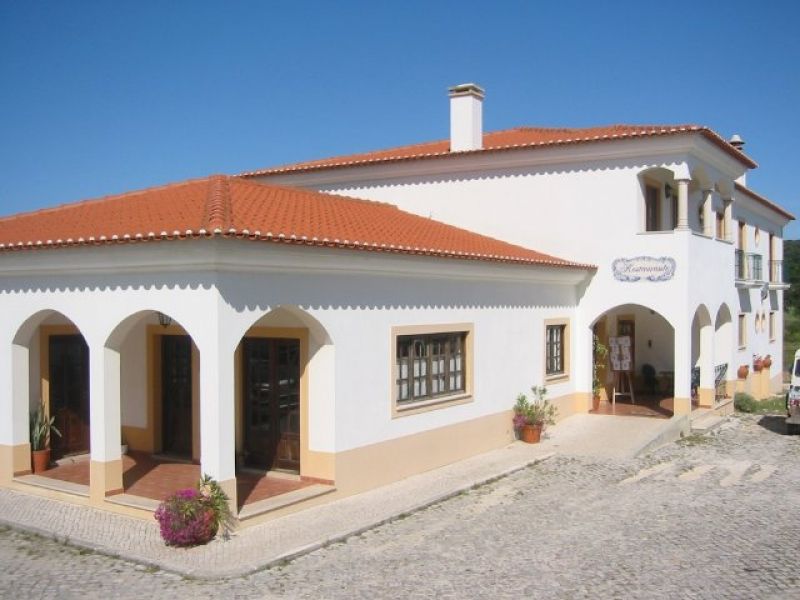 Purchasing property outside of tourist cities allows you to avoid overheated prices and get maximum quality for minimum money. Each of these regions opens its own growth trajectory, creates local demand and strengthens the owner’s position. By focusing on these locations, you are investing not only in property, but also in the potential of a developing Portugal.
Purchasing property outside of tourist cities allows you to avoid overheated prices and get maximum quality for minimum money. Each of these regions opens its own growth trajectory, creates local demand and strengthens the owner’s position. By focusing on these locations, you are investing not only in property, but also in the potential of a developing Portugal.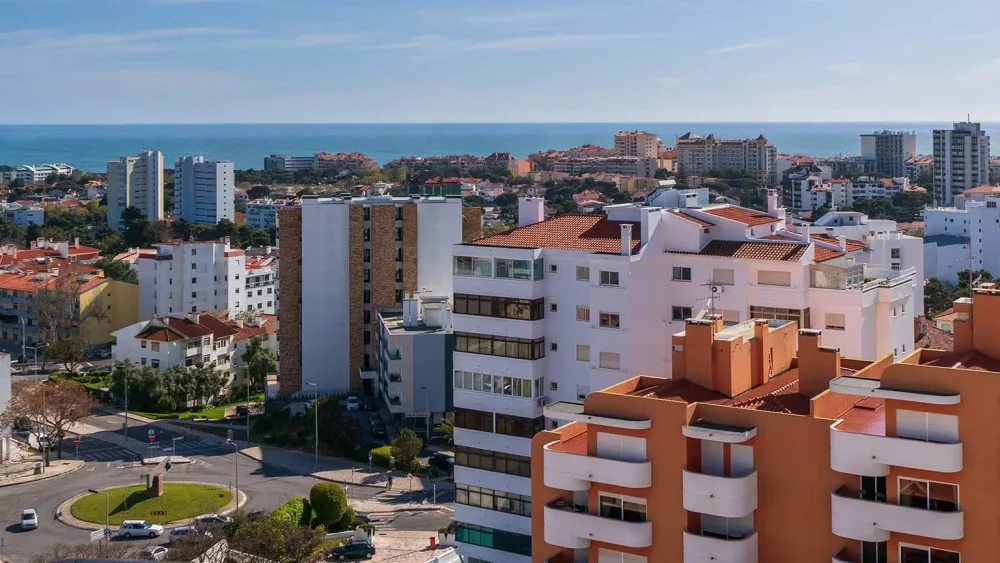
 There are several mandatory steps in the process. Each step requires precision, adherence to deadlines, and coordination with a financial advisor or attorney.
There are several mandatory steps in the process. Each step requires precision, adherence to deadlines, and coordination with a financial advisor or attorney. Mortgages in Portugal for foreigners have long ceased to be a rarity. It is a working, clear and favourable tool for buying a home, building capital and moving to a country with a high standard of living. The terms and conditions of banks are loyal, the procedure is clear, and taxes are predictable. With a competent approach, a foreign investor not only gets the keys to a house in Europe, but also builds a new financial and legal base within the EU.
Mortgages in Portugal for foreigners have long ceased to be a rarity. It is a working, clear and favourable tool for buying a home, building capital and moving to a country with a high standard of living. The terms and conditions of banks are loyal, the procedure is clear, and taxes are predictable. With a competent approach, a foreign investor not only gets the keys to a house in Europe, but also builds a new financial and legal base within the EU.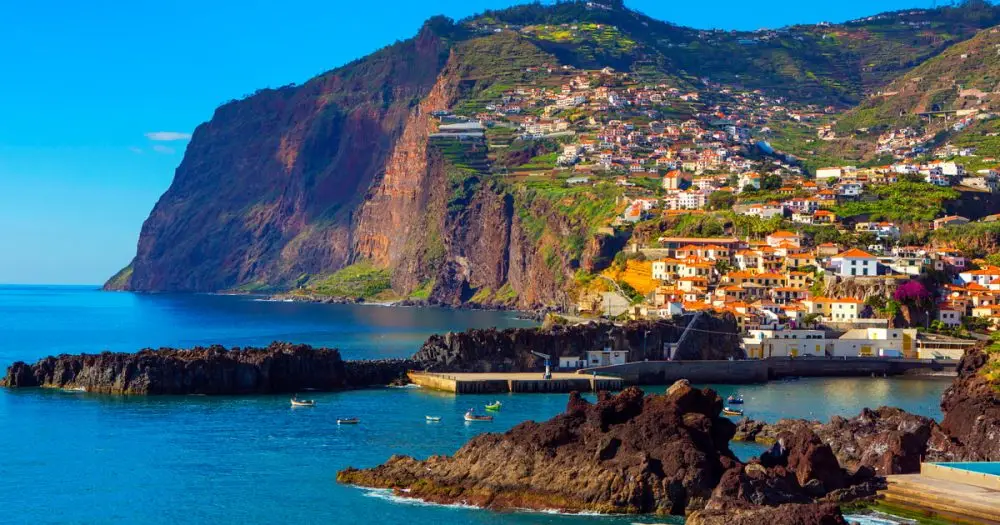
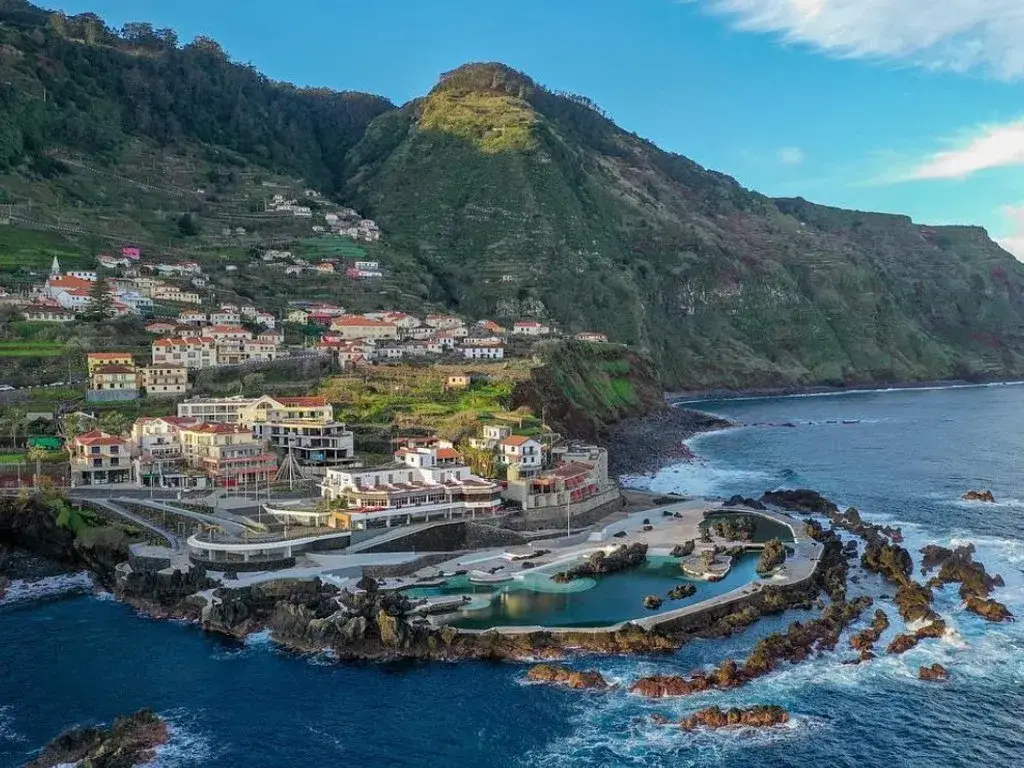 In recent years, moving to Madeira has become popular with people seeking a quality of life and favourable working conditions. The island is a great option for those who want to live in Europe without facing the high cost of living in cities such as Lisbon or Barcelona. Moving to Madeira in 2025 will be relevant not only for investors, but also for people who want a fresh start.
In recent years, moving to Madeira has become popular with people seeking a quality of life and favourable working conditions. The island is a great option for those who want to live in Europe without facing the high cost of living in cities such as Lisbon or Barcelona. Moving to Madeira in 2025 will be relevant not only for investors, but also for people who want a fresh start.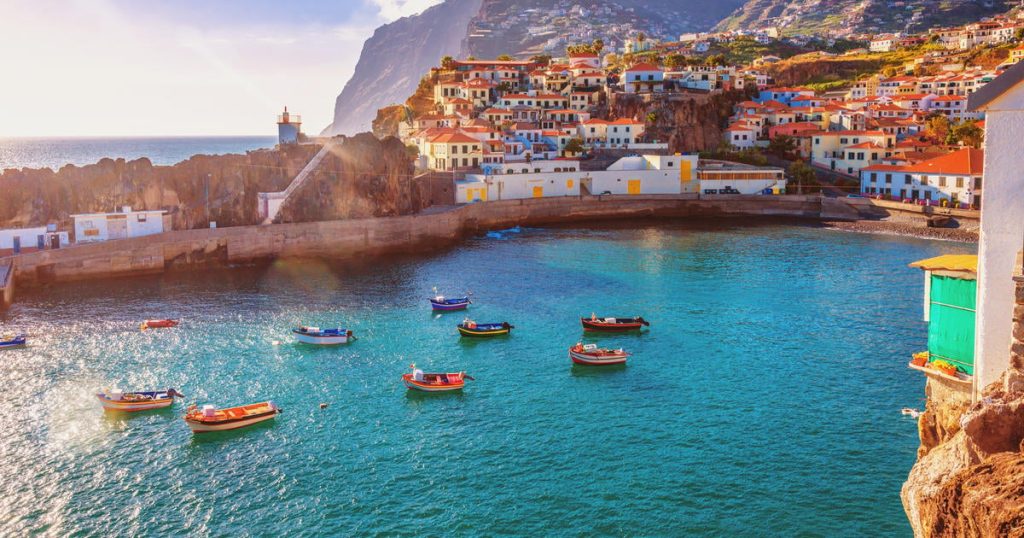 Madeira represents an excellent choice for those who want to enjoy the perks of comfortable living, warm climate, convenient infrastructure and favourable tax incentives. Moving to the island will be a favourable decision for digital nomads, investors and those who want to travel to the most picturesque corner of Europe. There are plenty of opportunities for personal and professional growth in an atmosphere of nature, sunshine and tranquillity.
Madeira represents an excellent choice for those who want to enjoy the perks of comfortable living, warm climate, convenient infrastructure and favourable tax incentives. Moving to the island will be a favourable decision for digital nomads, investors and those who want to travel to the most picturesque corner of Europe. There are plenty of opportunities for personal and professional growth in an atmosphere of nature, sunshine and tranquillity.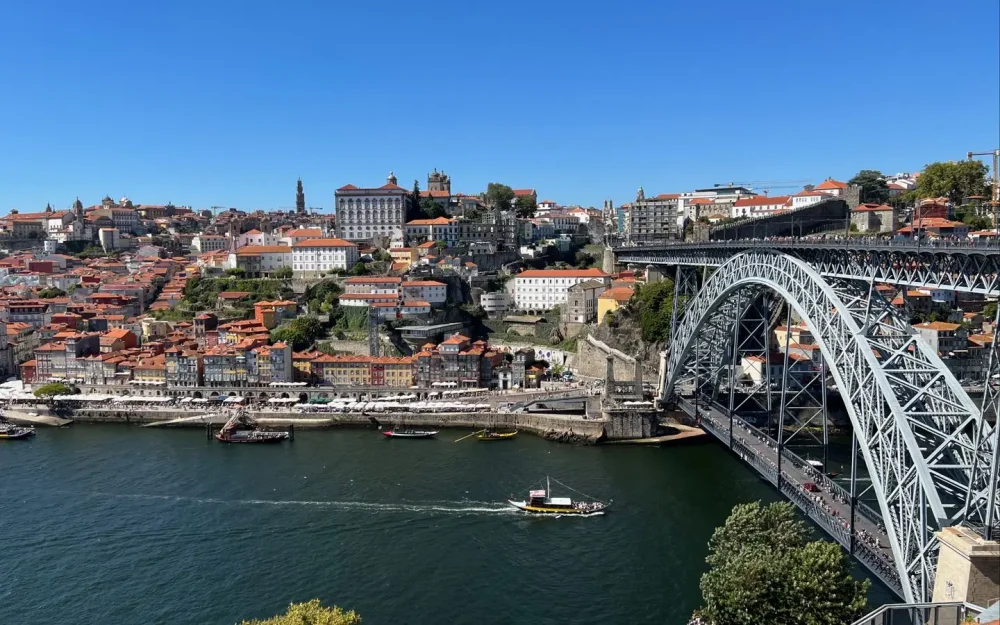
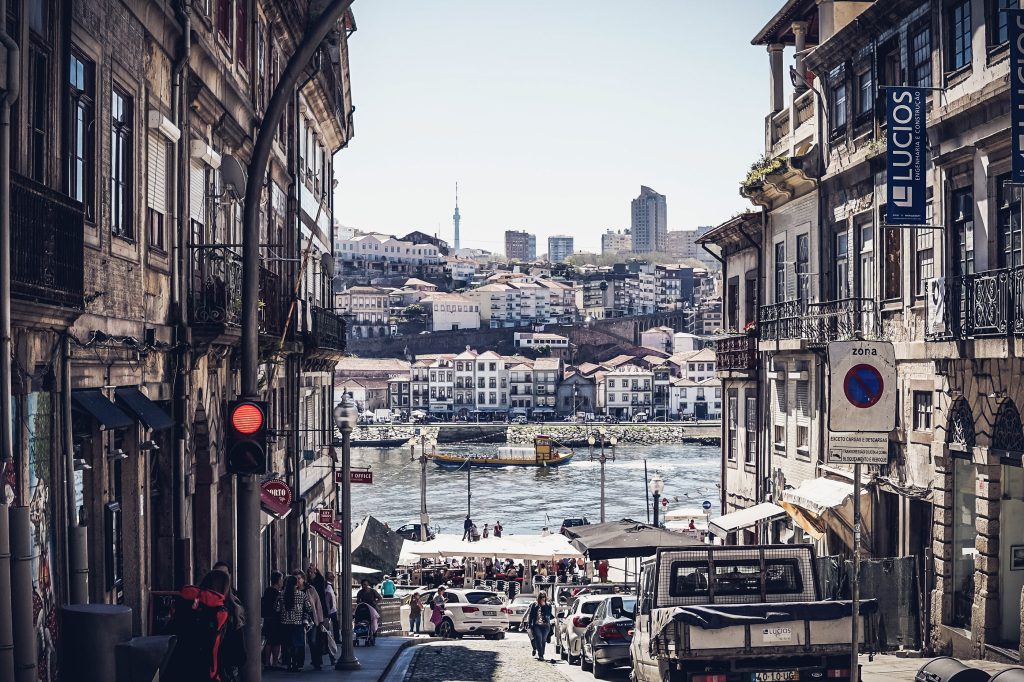 Porto ranks second among the best cities in Portugal due to its high quality of life, affordable prices and developed infrastructure. The city is known for its cultural heritage, wine industry and strong tourism sector. The average salary here is lower than in Lisbon, but the standard of living compensates for this disadvantage. The city remains a centre for freelancers, small business owners and professionals in tourism and commerce.
Porto ranks second among the best cities in Portugal due to its high quality of life, affordable prices and developed infrastructure. The city is known for its cultural heritage, wine industry and strong tourism sector. The average salary here is lower than in Lisbon, but the standard of living compensates for this disadvantage. The city remains a centre for freelancers, small business owners and professionals in tourism and commerce.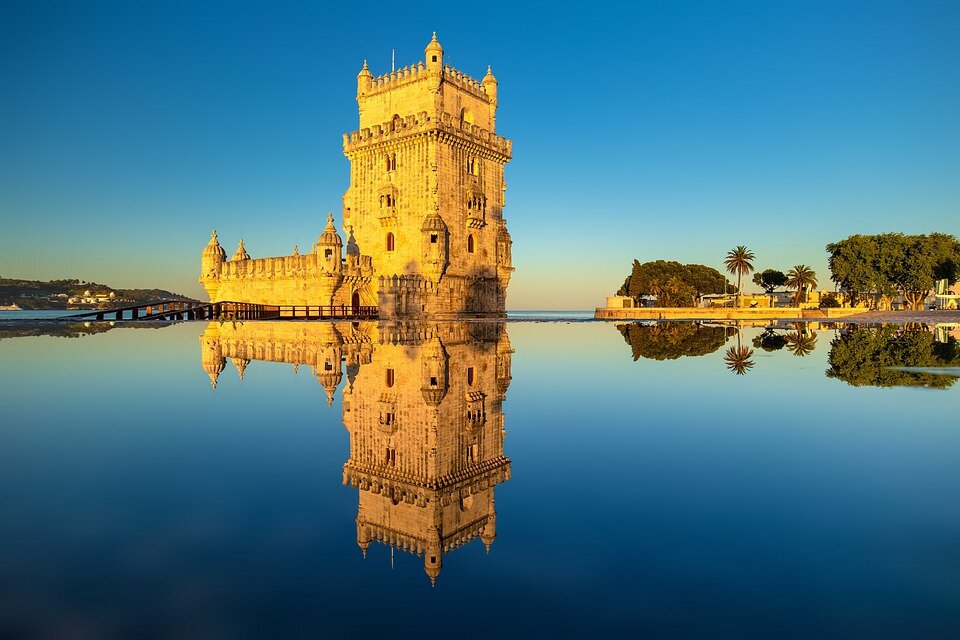 Choosing the best city in Portugal to live in depends on your priorities. For career and work, Lisbon is the place to be. For family life – Braga, for students and academics – Coimbra, and for those looking for a balance of comfort and affordability, Porto and Aveiro are ideal. Immigration to the country offers prospects for work, business and comfortable living.
Choosing the best city in Portugal to live in depends on your priorities. For career and work, Lisbon is the place to be. For family life – Braga, for students and academics – Coimbra, and for those looking for a balance of comfort and affordability, Porto and Aveiro are ideal. Immigration to the country offers prospects for work, business and comfortable living.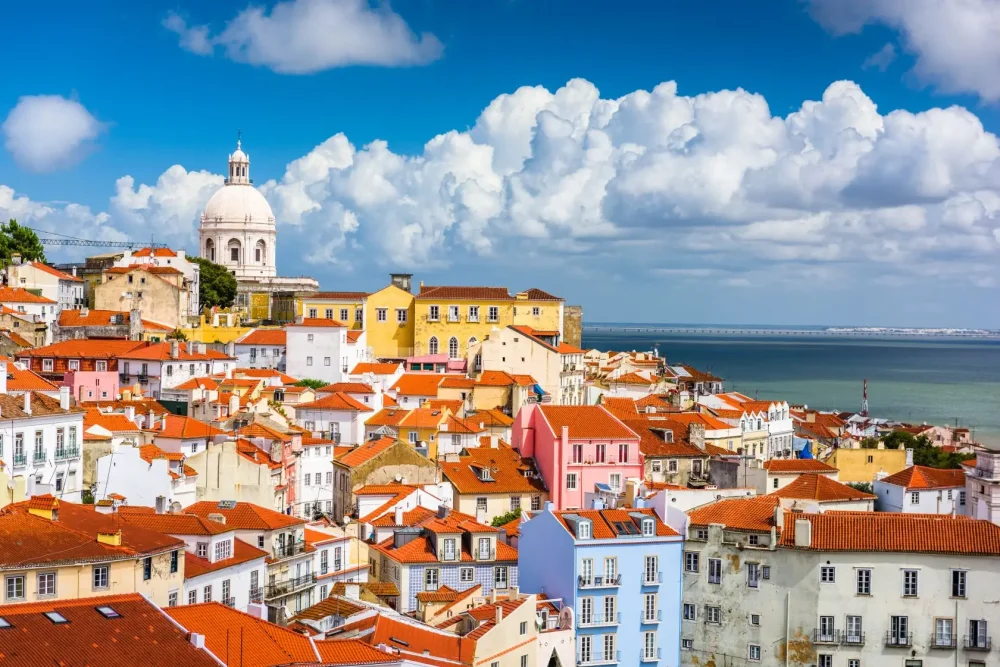
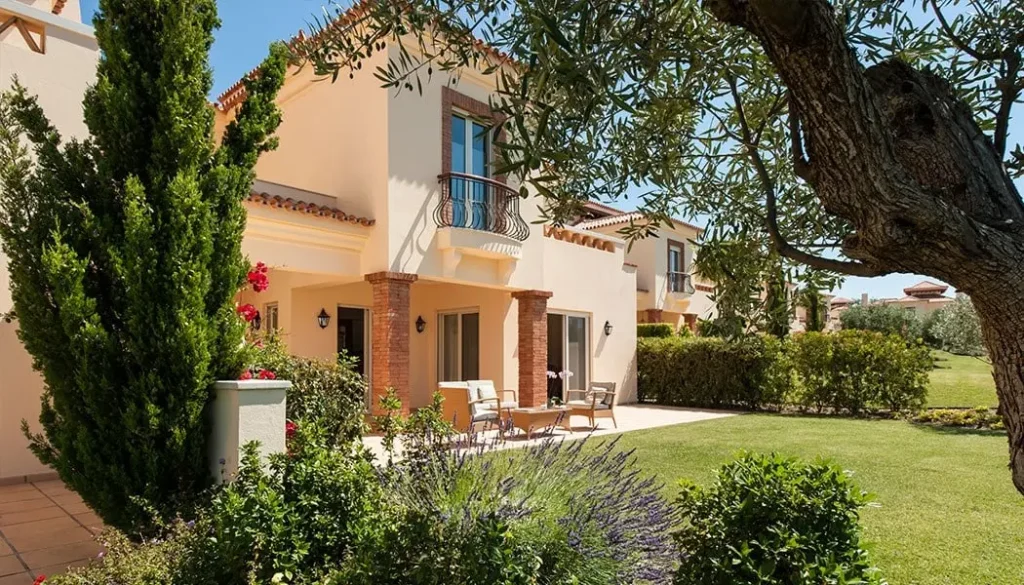 For an objective assessment, you should consider the main cost items: rent, food and transport. These categories define everyday spending and help to understand how affordable a country is.
For an objective assessment, you should consider the main cost items: rent, food and transport. These categories define everyday spending and help to understand how affordable a country is.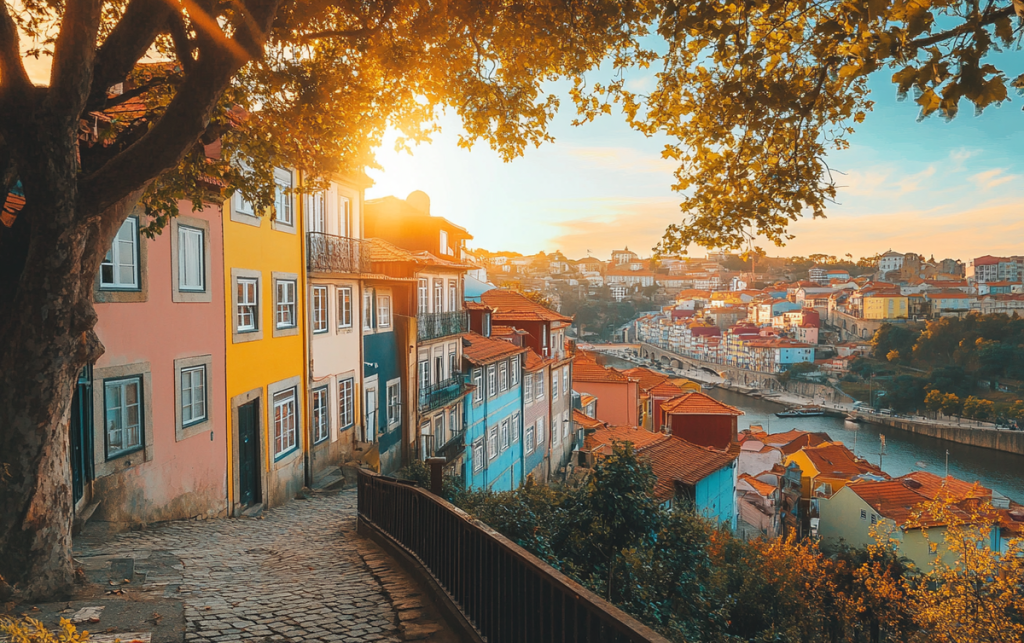 Portugal’s moderate cost of living makes it an attractive place to move to, especially for those who appreciate culture, mild climate and convenience. Lisbon and Porto are suitable for professionals, while the Algarve is for those seeking tranquillity. Relocating will require careful cost planning, but the results justify the means.
Portugal’s moderate cost of living makes it an attractive place to move to, especially for those who appreciate culture, mild climate and convenience. Lisbon and Porto are suitable for professionals, while the Algarve is for those seeking tranquillity. Relocating will require careful cost planning, but the results justify the means.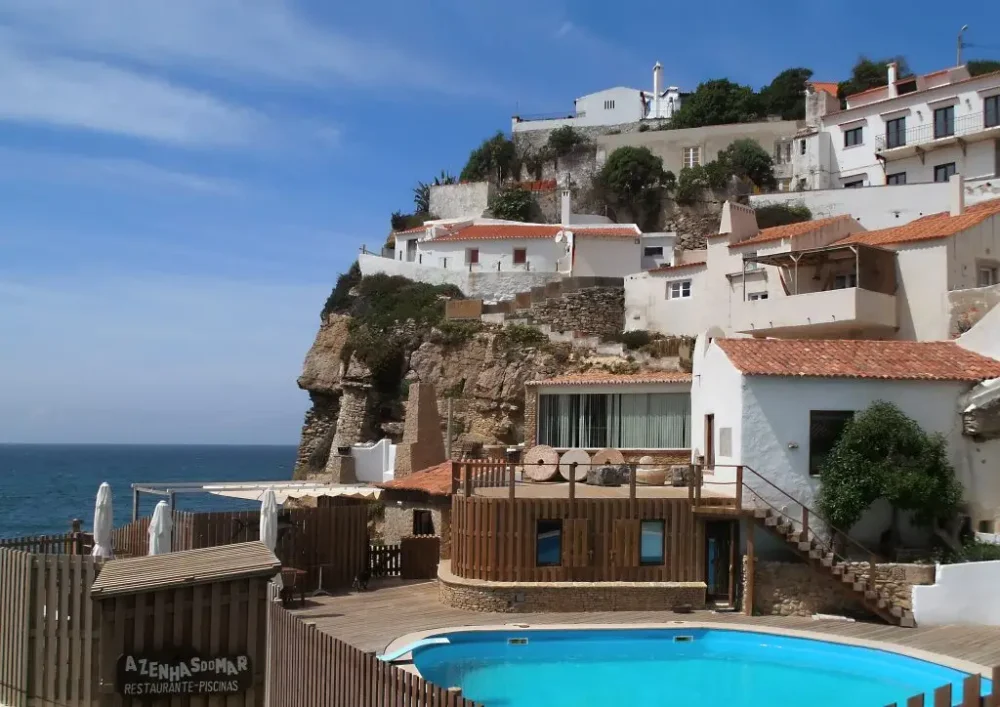
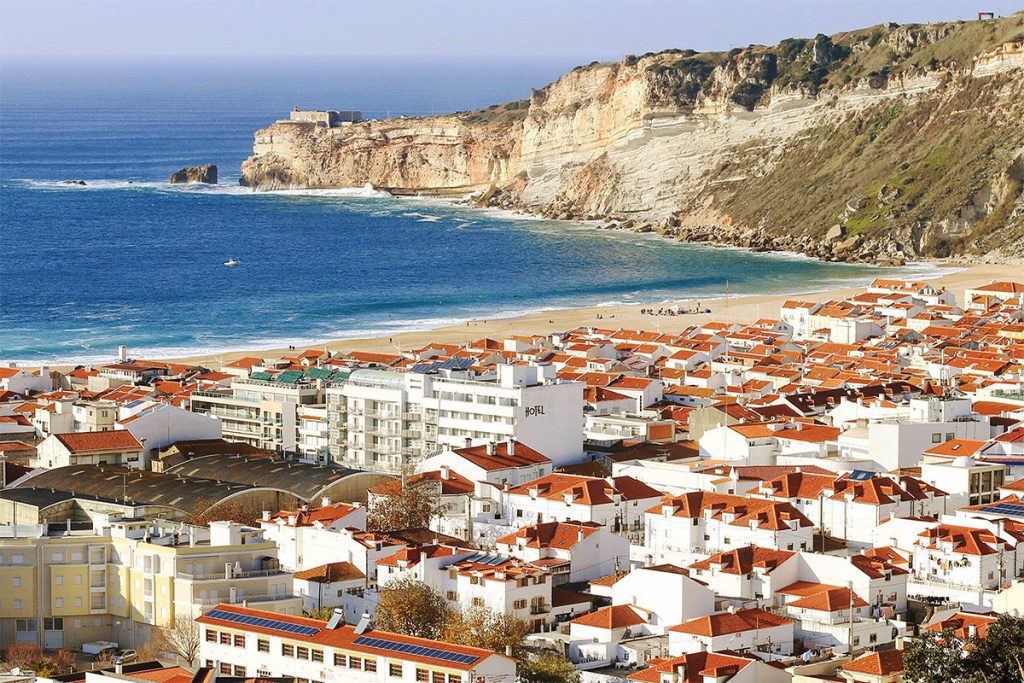 There are significant costs involved in formalising a property title. The first mandatory fee in Portugal is the IMT property transfer tax, which varies from 0% to 8% depending on the price of the property and its type. For example, when buying a property worth up to 92,407 euros, the fee is not charged, while for luxury apartments – over 1 million euros – the rate will be 7.5%.
There are significant costs involved in formalising a property title. The first mandatory fee in Portugal is the IMT property transfer tax, which varies from 0% to 8% depending on the price of the property and its type. For example, when buying a property worth up to 92,407 euros, the fee is not charged, while for luxury apartments – over 1 million euros – the rate will be 7.5%.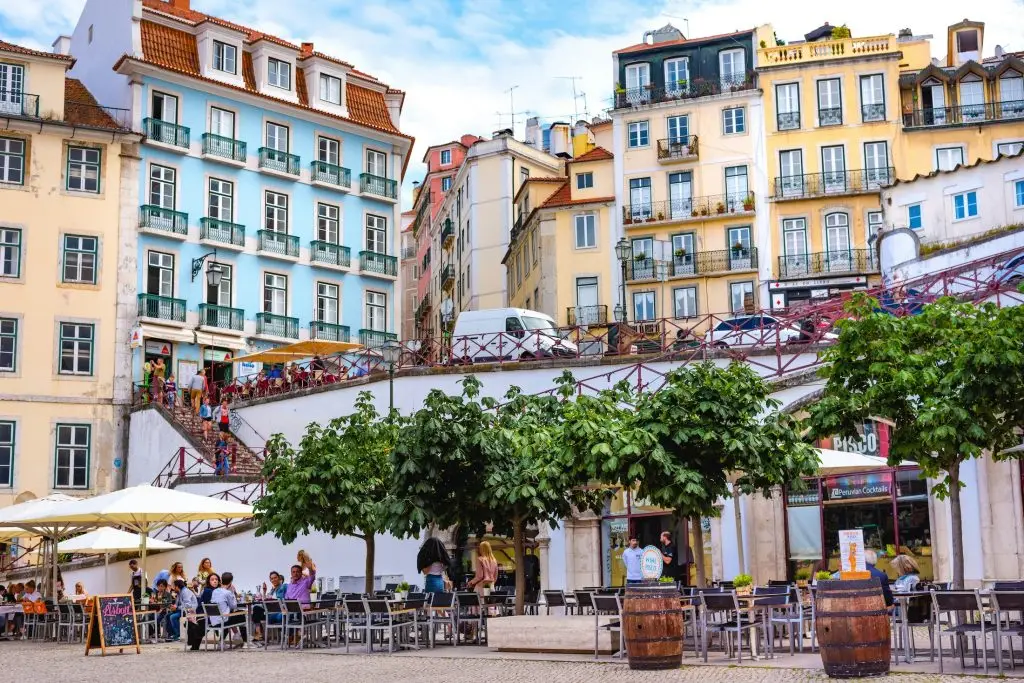 Foreign investors planning to buy property should take into account the peculiarities of taxes in Portugal. Commissions for non-residents in the country are higher than for residents, but competent use of preferential regimes allows to minimise costs. Optimisation of tax liabilities requires a professional approach and planning, so it is recommended to consult with lawyers and qualified specialists before buying.
Foreign investors planning to buy property should take into account the peculiarities of taxes in Portugal. Commissions for non-residents in the country are higher than for residents, but competent use of preferential regimes allows to minimise costs. Optimisation of tax liabilities requires a professional approach and planning, so it is recommended to consult with lawyers and qualified specialists before buying.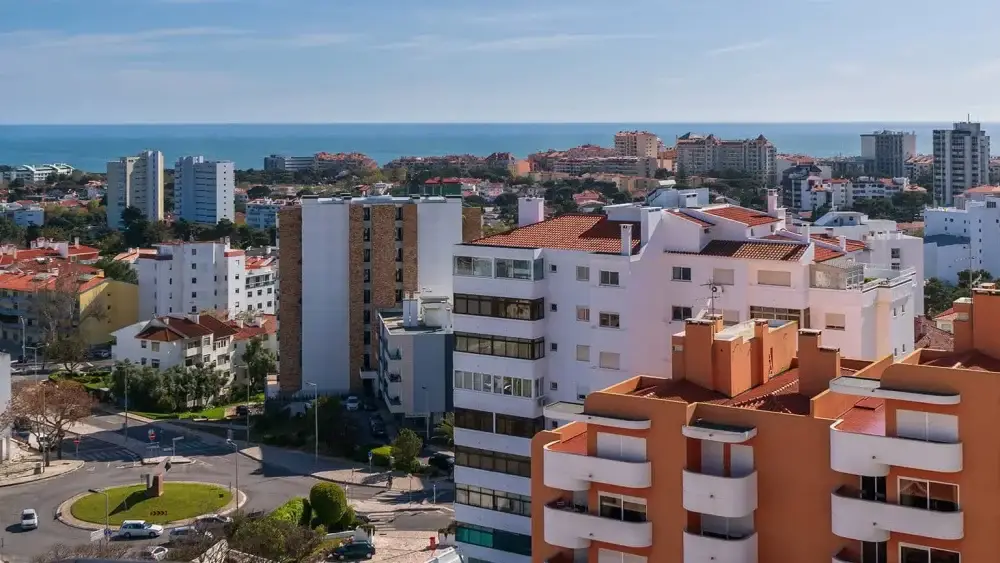
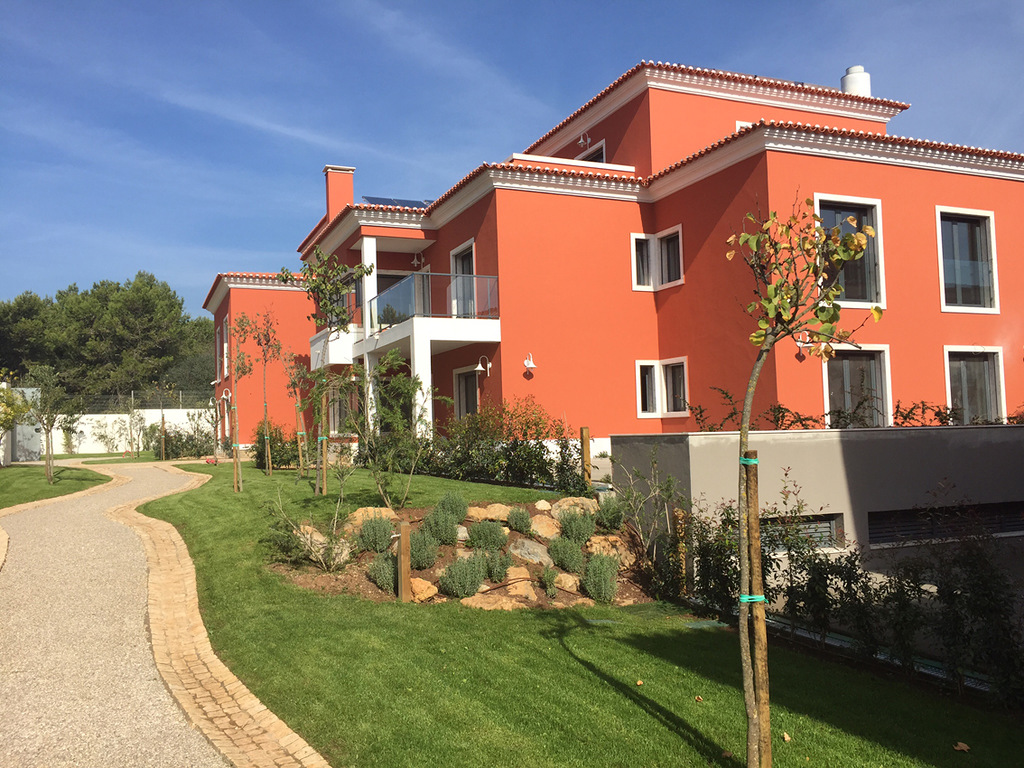 Investing in housing allows you not only to obtain a residence permit, but also to earn money from renting out the premises or reselling them.
Investing in housing allows you not only to obtain a residence permit, but also to earn money from renting out the premises or reselling them.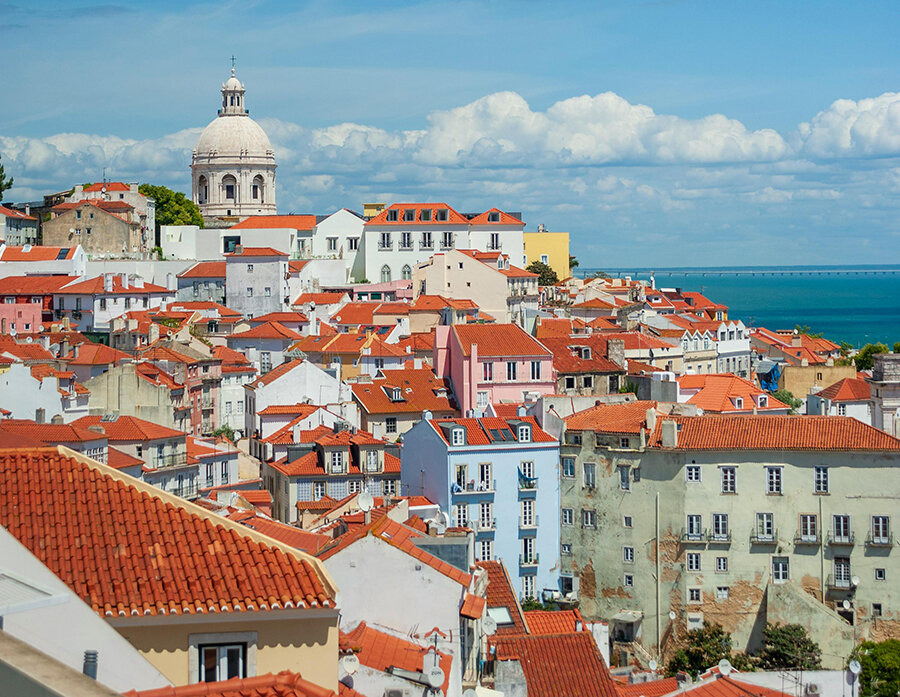 To move to Portugal for permanent residence is a step towards stability, comfort and new opportunities. Participation in the Golden Visa programme simplifies the process of obtaining a residence permit, providing freedom of movement and favourable tax conditions. For a successful move it is important to take into account all the nuances: from the choice of property to the preparation of documents. The country attracts investors not only with favourable programmes, but also with its high quality of life, mild climate and hospitable culture.
To move to Portugal for permanent residence is a step towards stability, comfort and new opportunities. Participation in the Golden Visa programme simplifies the process of obtaining a residence permit, providing freedom of movement and favourable tax conditions. For a successful move it is important to take into account all the nuances: from the choice of property to the preparation of documents. The country attracts investors not only with favourable programmes, but also with its high quality of life, mild climate and hospitable culture.
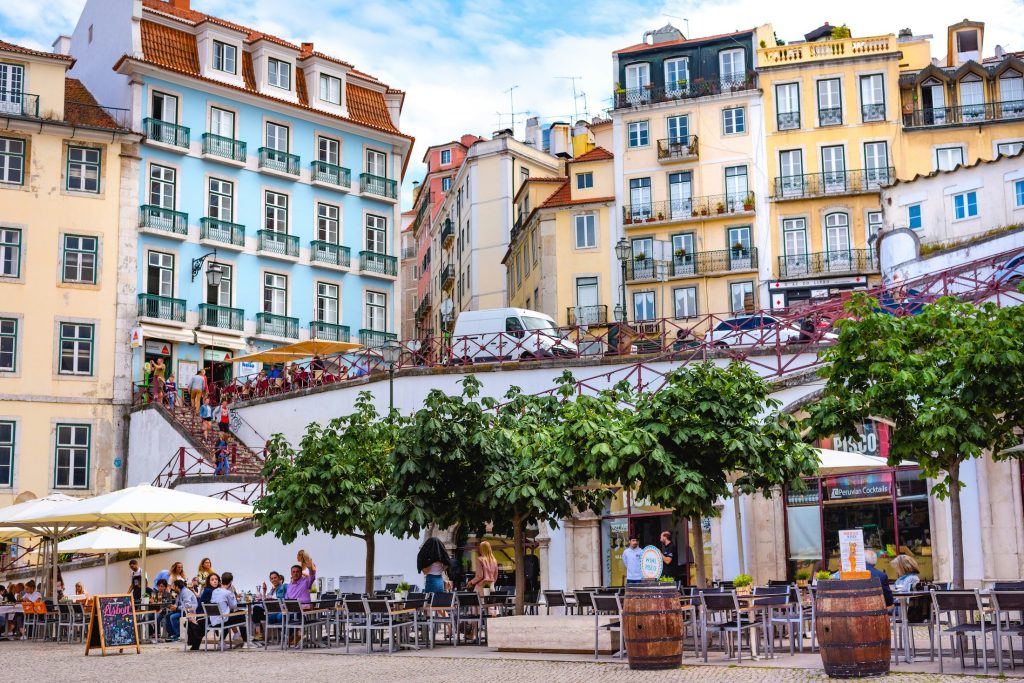 Property in Lisbon attracts Russian buyers due to the variety of offers. In the city you can find both old flats with high ceilings in the districts of Bairro Alto and Alfama, and modern flats in the Park of Nations. The cost per square metre in the central areas ranges from 4000 to 7000 euros, and in the suburbs you can find housing at prices from 2500 euros per square metre.
Property in Lisbon attracts Russian buyers due to the variety of offers. In the city you can find both old flats with high ceilings in the districts of Bairro Alto and Alfama, and modern flats in the Park of Nations. The cost per square metre in the central areas ranges from 4000 to 7000 euros, and in the suburbs you can find housing at prices from 2500 euros per square metre.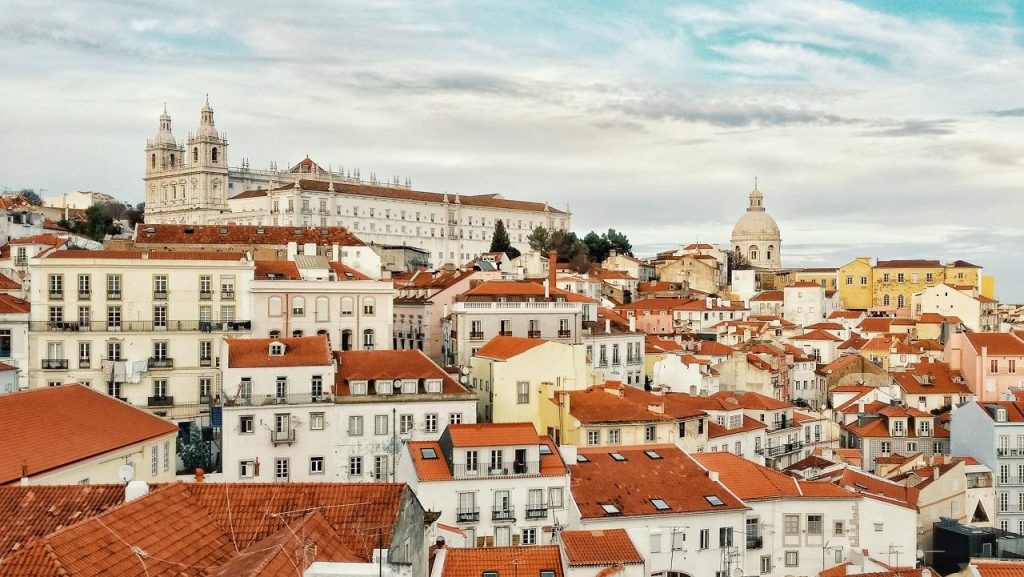 Life in Lisbon for Russians combines comfort, warm climate and European standard of living. The city offers opportunities for business, investment and quiet living. Moving requires careful preparation, but the advantages – a mild climate, affordable housing and developed infrastructure – make Lisbon an attractive choice for many Russians.
Life in Lisbon for Russians combines comfort, warm climate and European standard of living. The city offers opportunities for business, investment and quiet living. Moving requires careful preparation, but the advantages – a mild climate, affordable housing and developed infrastructure – make Lisbon an attractive choice for many Russians.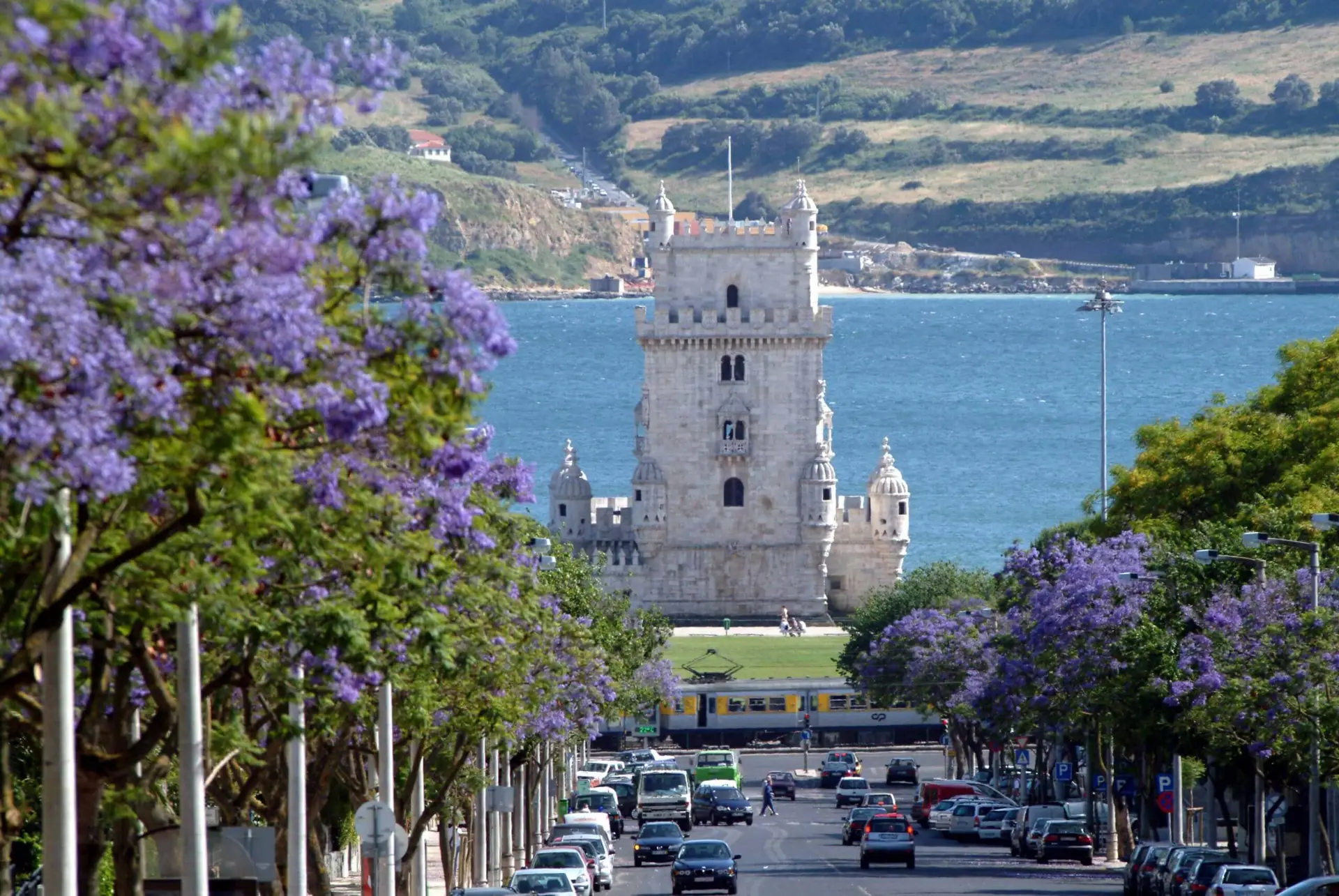
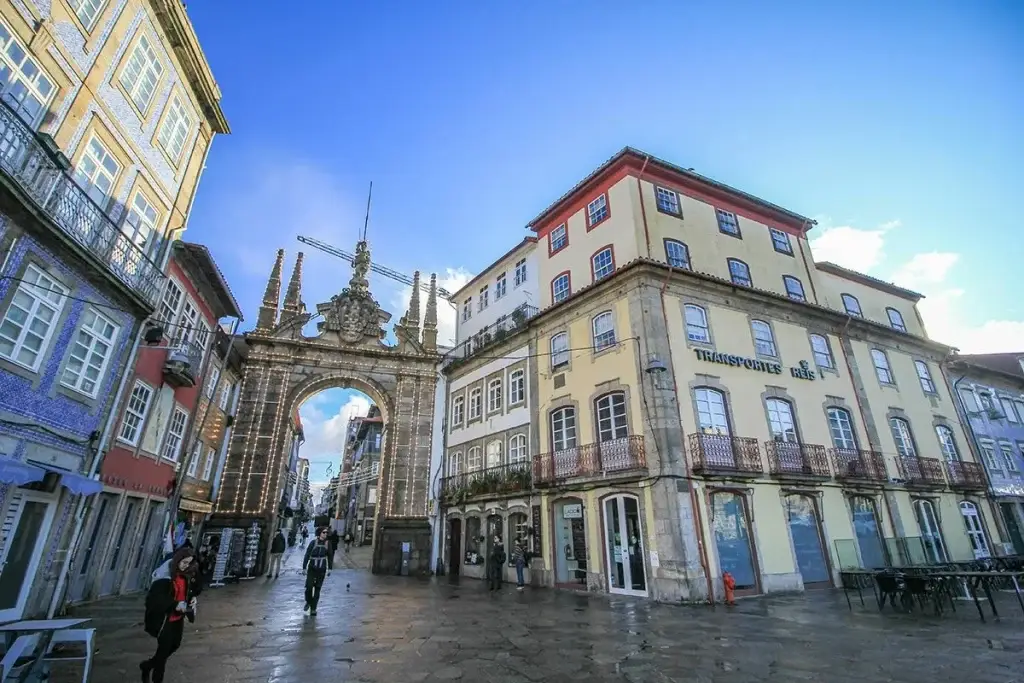 Government support, affordable healthcare and low cost of living make the country attractive to emigrants.
Government support, affordable healthcare and low cost of living make the country attractive to emigrants.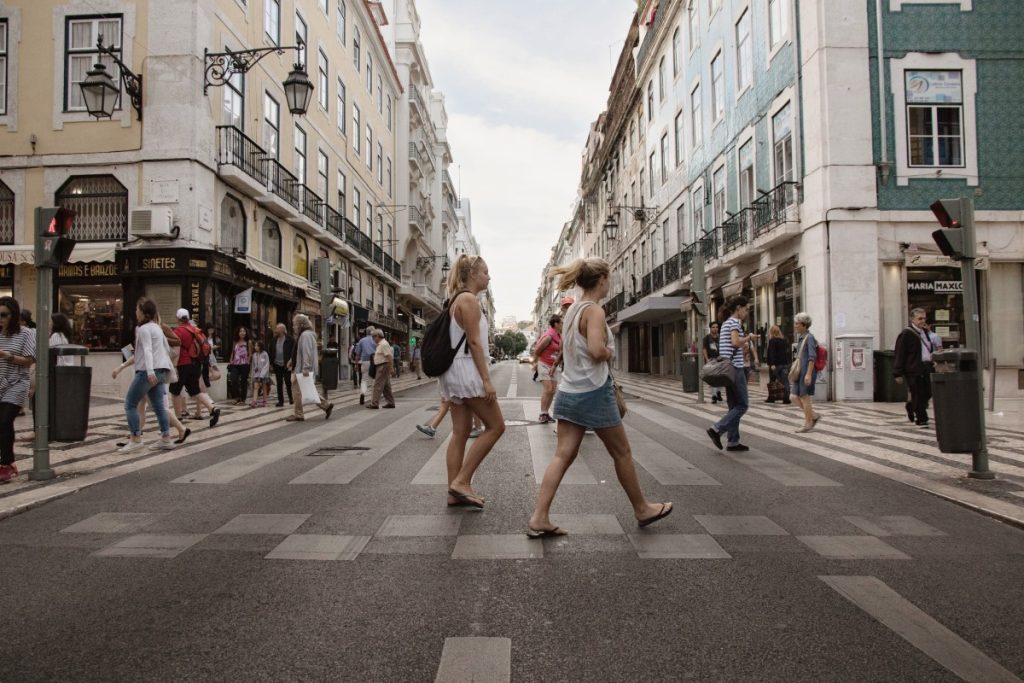 The pros of living in Portugal create a picture of comfortable, affordable and fulfilling everyday life. The country is suitable for different categories of emigrants: from young professionals to retirees. With careful preparation, moving to Portugal can be the beginning of a new, amazing chapter of life under the southern sun.
The pros of living in Portugal create a picture of comfortable, affordable and fulfilling everyday life. The country is suitable for different categories of emigrants: from young professionals to retirees. With careful preparation, moving to Portugal can be the beginning of a new, amazing chapter of life under the southern sun.





